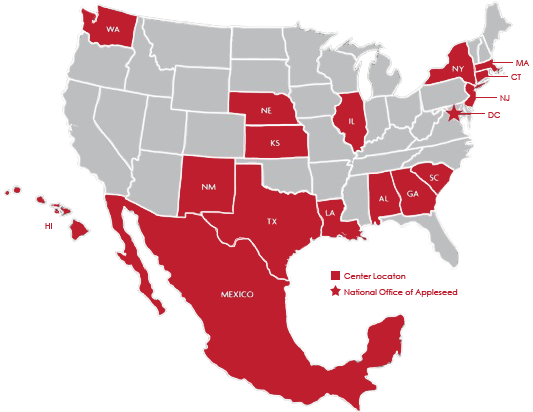Action Alert
Before the COVID-19 pandemic, 93% of tenants facing eviction from their homes did not have lawyers, while 70% of landlords had representation. While the eviction moratorium ending October 17th protects many of these tenants for the time being, it is estimated that as many as 15,000-20,000 new evictions could be filed when the moratorium ends. Unless we take action, thousands of families – a significant majority of which are likely to be from communities of color – will be thrown into Housing Court on their own. Without any form of legal representation, these families are significantly less likely to remain in their homes. Action is needed now to protect these renters.
A statewide Right to Counsel pilot program would allow non-profits to provide full legal representation in eviction proceedings for both tenants and landlords whose incomes do not exceed 200% of the federal poverty level. We now have two different opportunities to advance such a Right to Counsel pilot program within the legislature.
- Senator DiDomenico has filed Amendment #175 for the creation of a Right to Counsel pilot program within S.2842, An Act Enabling Partnerships for Growth. This bill was debated in the House yesterday (Monday, July 27), and the Senate will start to debate its version of the bill tomorrow (Wednesday, July 29).
- Senator DiDomenico also filed S.2785, An Act promoting housing stability and homelessness prevention through a right to counsel pilot program in Massachusetts in response to the COVID-emergency. This bill was reported favorably out of the Housing Committee and is still in Senate Ways and Means. We need to get it to the Senate floor.
How You Can Help
- Call or email your Senator and ask them to sign on as a co-sponsor to Amendment #175 within S.2842. Send this fact sheet. Find your Senator here or with this list of Senators.
- Contact Senate Ways and Means Chair Rodrigues to report S.2785 to the Senate floor. Call Senator Rodrigues’ office at (617) 722-1114 and email him at Michael.Rodrigues@masenate.gov and his staff attorney Jacob.Blanton@masenate.gov.
You can send Chair Rodrigues a message like this:
_____________________________ (who you are) and __________(why you care). We are bracing ourselves for tens of thousands of evictions when the eviction moratorium expires in October. Tenants are terrified of being evicted. 93% of tenants face eviction without legal representation. Alone – they are unable to navigate quick-moving deadlines and complicated court procedures. These procedures will be even more complicated as the court goes virtual. Providing legal representation is essential to housing stability. Providing lawyers for vulnerable tenants saves the state money. Providing lawyers prevents housing instability at a time when we need to keep people safe and housed. This is urgent. Pass Amendment #175 and Pass S. 2785.
The legislative session may end this week! Time is of the essence and we need your voices now!
Our Response to COVID-19
From developing and sharing accessible legal resources in areas of urgent need to advocating for equitable policies to support those hit hardest by COVID-19 – there’s work to be done. Learn more about steps we’re taking to aid our most vulnerable communities during the pandemic and how you can help.
Want to stay informed on the latest issues Massachusetts Appleseed is working on?
Sign up for future action alerts.

 When Kathy McGrath, the pro bono manager for Liberty Mutual’s legal department, heard about
When Kathy McGrath, the pro bono manager for Liberty Mutual’s legal department, heard about 